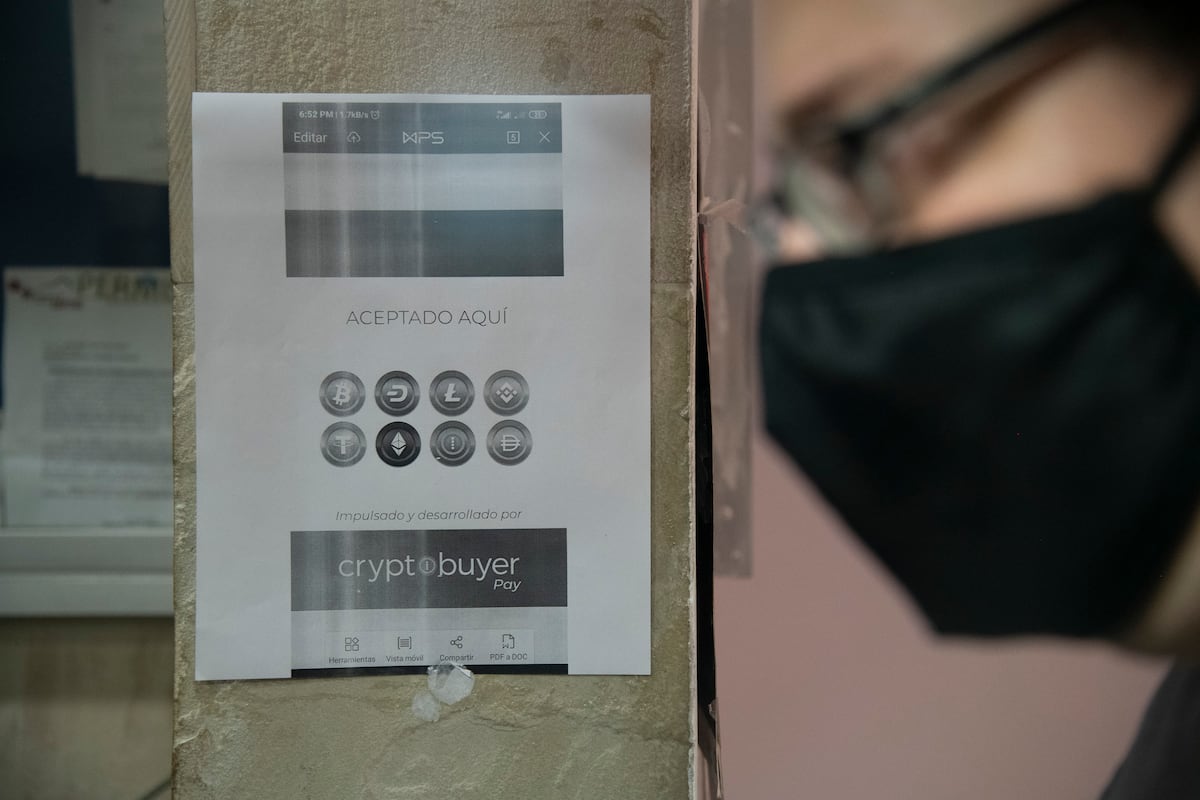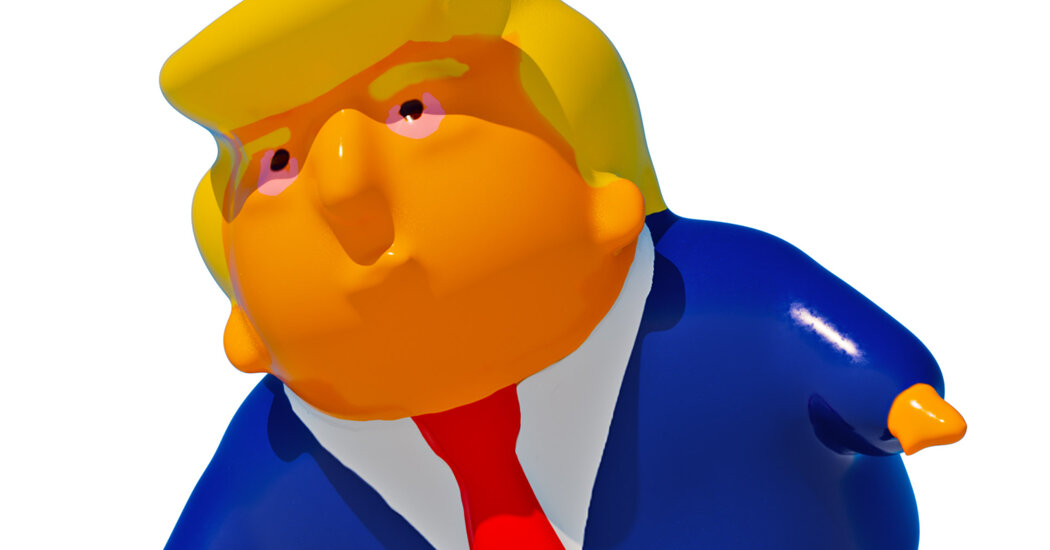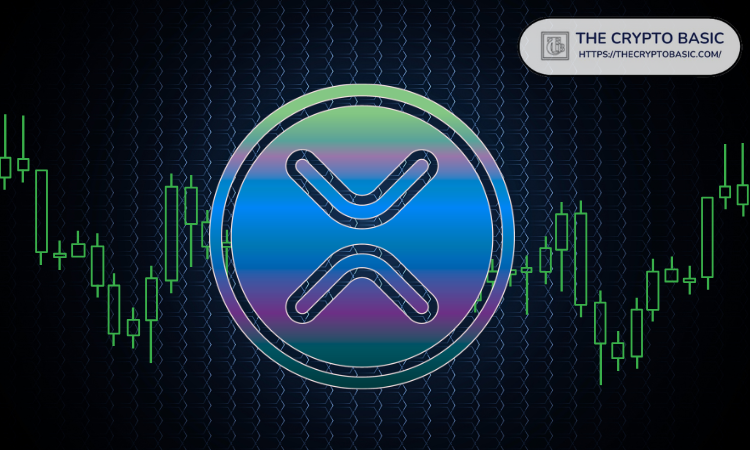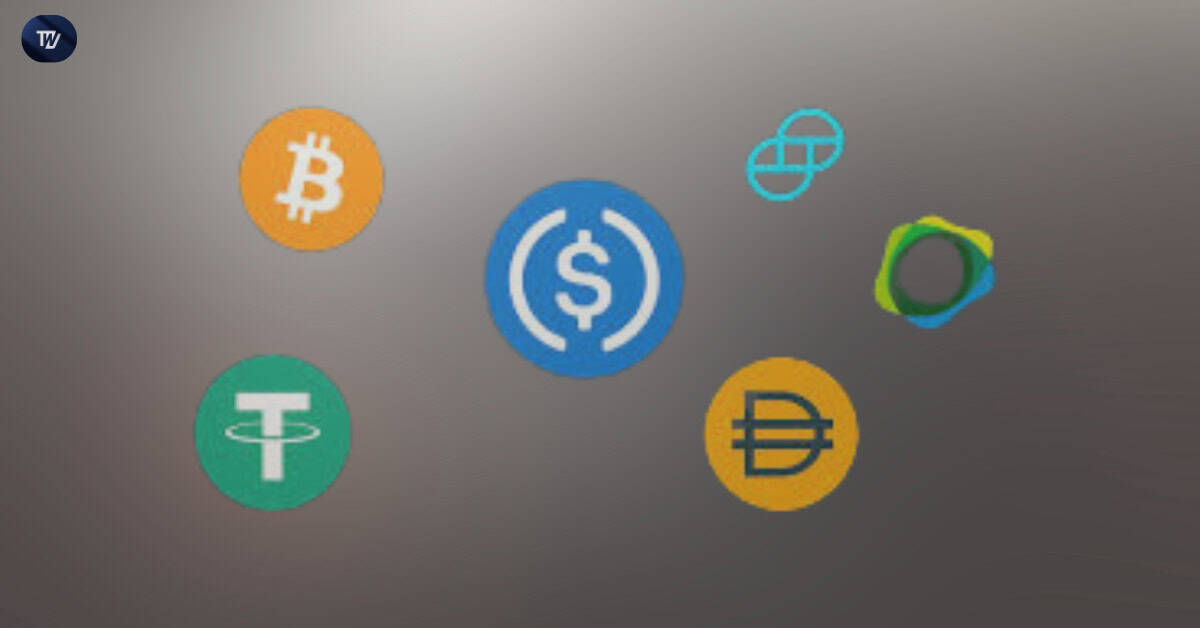The “we accept crypto” signs once so common in Venezuelan stores, hotels and restaurants have disappeared after a new series of scandals involving corruption and the imprisonment of key government officials. But that doesn’t mean that cryptocurrencies aren’t thriving in Venezuela, quite the contrary. Despite U.S. sanctions, tight government oversight and the ups and downs of inflation, a cryptocurrency exchange network is gaining popularity among Venezuelans seeking easier ways to transact, receive funds and protect themselves from the devaluation of the bolivar.
Vanesa is a native of Caracas, and like millions of other Venezuelans, she offers her professional services to foreign companies to help them cope with her country’s expensive, dollar-centric economy. According to her, this year the gap between the official dollar (which is set by the monetary authority) and its price on the market has increased. Using digital currencies to buy bolivars has become a better option. “If you add it up, you can save up to $14 for every $100 exchanged for bolivars,” she says. As usual, she uses a pseudonym to operate on Binance, a global platform of Chinese origin very popular in Venezuela. So do sellers, making it impossible to know for sure who you’re trading with.
This scenario of digital pseudonyms operating within a gray market – which is not illegal, but unregulated – is tolerated by the government of Nicolás Maduro because it has become a means for scarce foreign currencies to enter a country who was deeply affected by internationally endorsed allegations. of electoral fraud during the July 28 elections. The country is now on the verge of another date generating political and financial tensions: the presidential inauguration on January 10.
“I did a job for which they pay me in dollars through a foreign financial application, with that I buy USDT (Tether) and, when I need bolivars, I sell them and I receive a deposit in my Venezuelan bank account. It’s simple because you don’t need to use a broker. In the app you will see who is buying and selling and, in less than 15 minutes, you make your transaction and that’s it,” explains Vanesa.
Unprecedented growth
The mass arrests ordered by Maduro of “currency speculators” which, according to the official narrative, sparked an economic war, are a thing of the past. During the second quarter of 2024, the bitcoin, ether and USDT market in Venezuela saw an impressive growth of 110% compared to the same period of the previous year. That’s more than any other country in the region, according to Chainalysis, a US company that tracks the use of virtual assets using blockchain technologies.
As of December 30, these operations represented approximately $20 billion entering the Venezuelan ecosystem. Considering that private projections suggest the country’s economy would end 2024 with a GDP of around $100 billion, that’s a significant figure.
Although the country has managed to overcome hyperinflation, prices are rising at a slower pace, and growth in its ailing economy, heavily dependent on oil exports, has recovered, Venezuela’s economic situation is not still not resolved. According to data from the Central Bank of Venezuela, monthly inflation in October increased by 4%, lower than the 5.9% in the same month of 2023, but significantly higher than the 0.8% in September this year, which indicates a recovery. The bank cites a cumulative variation of 16.6% between January and October, although private estimates place the price increase at more than 40%.
In addition, the BCV seems to have increasing difficulty in reducing the gap between the official dollar and the floating dollar, thanks to injections of currencies into the financial system. The price of the euro (which the central bank uses as a benchmark for its operations) rose 33% last quarter, after the bank sold $5.4 billion to other banks by mid-December , or 27% more than during the same period in 2023.
“The economy is growing, but an economy can grow without necessarily improving the quality of life,” says Aarón Olmos, a Venezuelan economist and professor at the Institute for Higher Studies of Administration, from his office in Caracas. “There is no salary recovery. Today, it has been more than 1,008 days without an increase in the minimum wage. The purchasing power of a teacher in Venezuela is 96.6% lower than the basic food basket,” he says. The monthly minimum wage is $3.
The importance of cryptocurrencies
In this scenario, stable cryptocurrencies (or “stablecoins”), which are linked to the price of an asset, commodity or sovereign currency, have become more important, as they serve as a digital representation of ‘an asset with purchasing power like the American dollar. (USDT and USDC) and the euro (EUROC). Between July 2023 and July 2024, 47% of transactions below $10,000 recorded in the country were made using these types of cryptocurrencies, according to the Chainalysis survey.
“Stablecoins in particular have become popular because they are pegged to more stable fiat currencies, such as the US dollar, and provide a hedge against the volatility of the Venezuelan bolivar (…) playing a crucial role in transactions and sending of daily funds,” says Dan Cartolin. , a Chainalysis framework.
International payments through traditional channels, such as banks and money transfer companies, tend to be expensive and take several days. This is why digital options, faster and with lower commissions, are gaining ground across the region. According to the World Bank, the cost of sending $200 to Latin America is 6% on average, or a commission of $12.
These figures are relevant because, according to academic research, half of Venezuelans who have emigrated from their country and send resources home – mainly to buy food and medical expenses – do so through digital finance platforms, also called fintech. At least 20% of the country’s population has emigrated because of the crisis.
“Given the current economic challenges in Venezuela, the adoption of stablecoins and other cryptocurrencies is likely to continue and potentially grow. Using these digital assets provides Venezuelans with a way to preserve their wealth and transact in a more stable currency, which is essential in an environment of uncertainty,” explains Cartolin.
Cryptocurrency regulator faces extended audit
And uncertainty is an economic constant in Venezuela. In September, the president extended the restructuring period of the National Superintendence of Crypto Assets and Related Activities for the third time, extending an audit that was initially expected to last six months to two years. The institution was created in response to the Maduro administration’s need to circumvent international sanctions imposed on senior officials. Although the sanctions have largely focused on individuals, they have led the global financial system to freeze accounts and blacklist the country.
Tired and faced with an unprecedented humanitarian and economic crisis, the authorities decided to soften their stance in 2019 towards the so-called “black dollar”, which, despite its dominance in the country’s financial system, does not was not well received because of the way it reduced their control over the balance of payments. Dozens of people have been sent to prison, accused of driving up prices by more than 30,000% in 2018 and more than 6,000% in 2019.
Officials were also forced to adopt other liberal positions, including passing the anti-blockade law which allowed the government to use cryptocurrencies to make and receive international payments and to issue petro, a currency centralized stable linked to raw materials, namely the wealth of oil reserves. . Additionally, accounting regulations were passed that allowed – and motivated – traders to sell bitcoin and other crypto assets and record them in their accounting.
“A situation arose in the country in which a good part of its economy was going through blockchain platforms and Bitcoin, USDT and DASH. So much so that when Sunacrip was audited, the growth of the Venezuelan economy slowed, Olmos says.
Last year, the country was surprised by the suspension of petro and cryptomining operations, as well as exchange activities. This was followed by the imprisonment of the until then powerful Minister of Oil, Tareck El Aissami, and the leader of Sunacrip, Joselit Ramírez, both on the US Treasury Department’s most wanted list, respectively for trafficking drugs and money laundering. They were held responsible for the loss of $21 billion from state-owned PDVSA’s oil sales, part of which should have been located in crypto coffers.
Authorities have ordered all apps, both domestic and international, to freeze transactions in an attempt to collect information, according to a local crypto industry source. An executive at a Latin American exchange who tried to apply for a virtual asset service provider license said he gave up because it was impossible to cope with the abrupt policy changes.
So, today, the panels have been dismantled and operations are more discreet. “Everything here is in a gray area. It’s impossible to know if I’m laundering someone’s money, but my money comes from my salary,” says Vanesa.
Register for our weekly newsletter to get more English media coverage from EL PAÍS USA Edition









